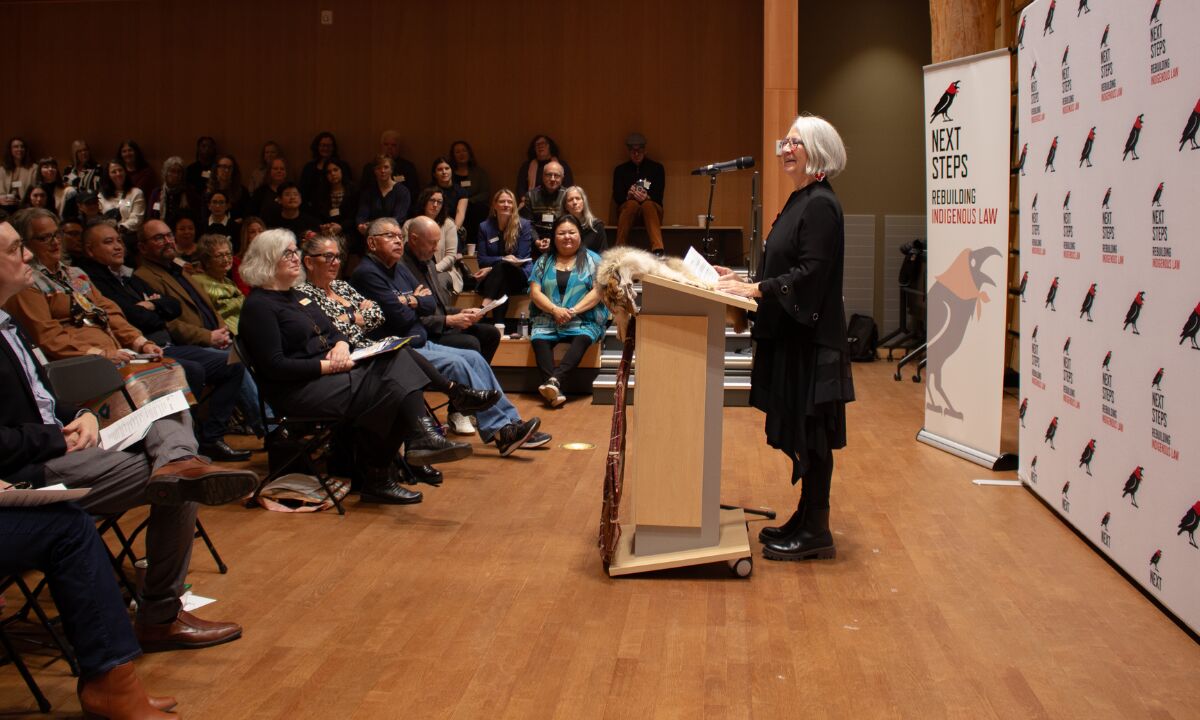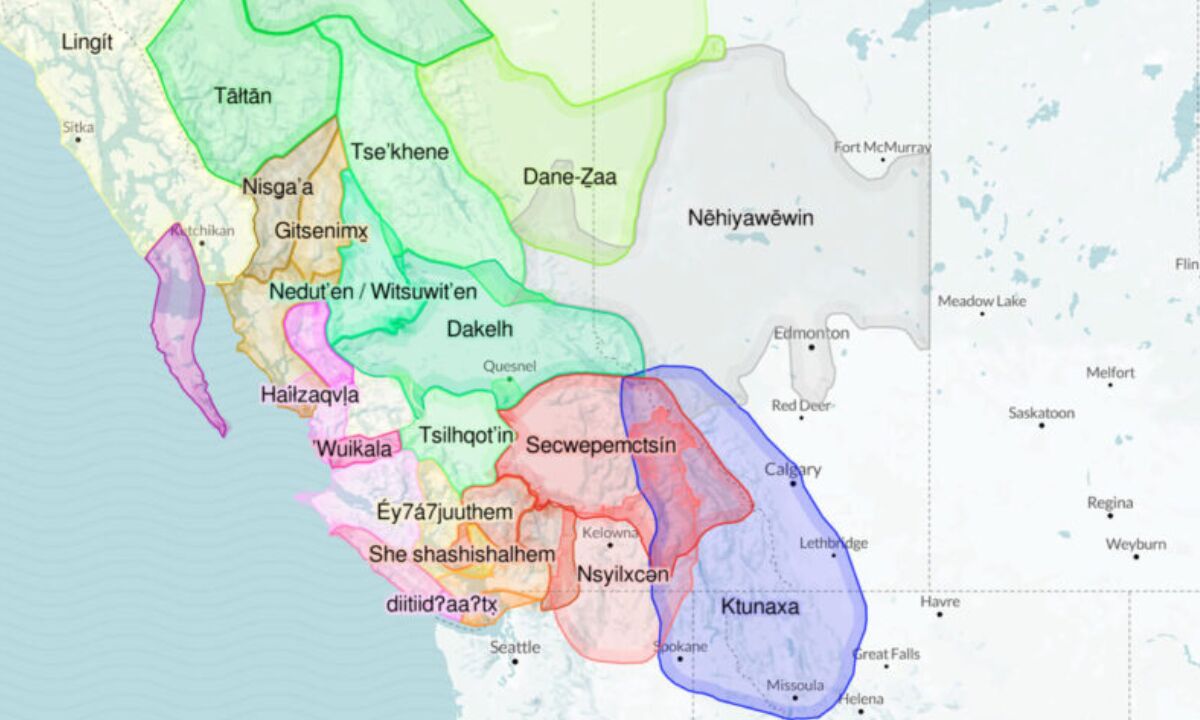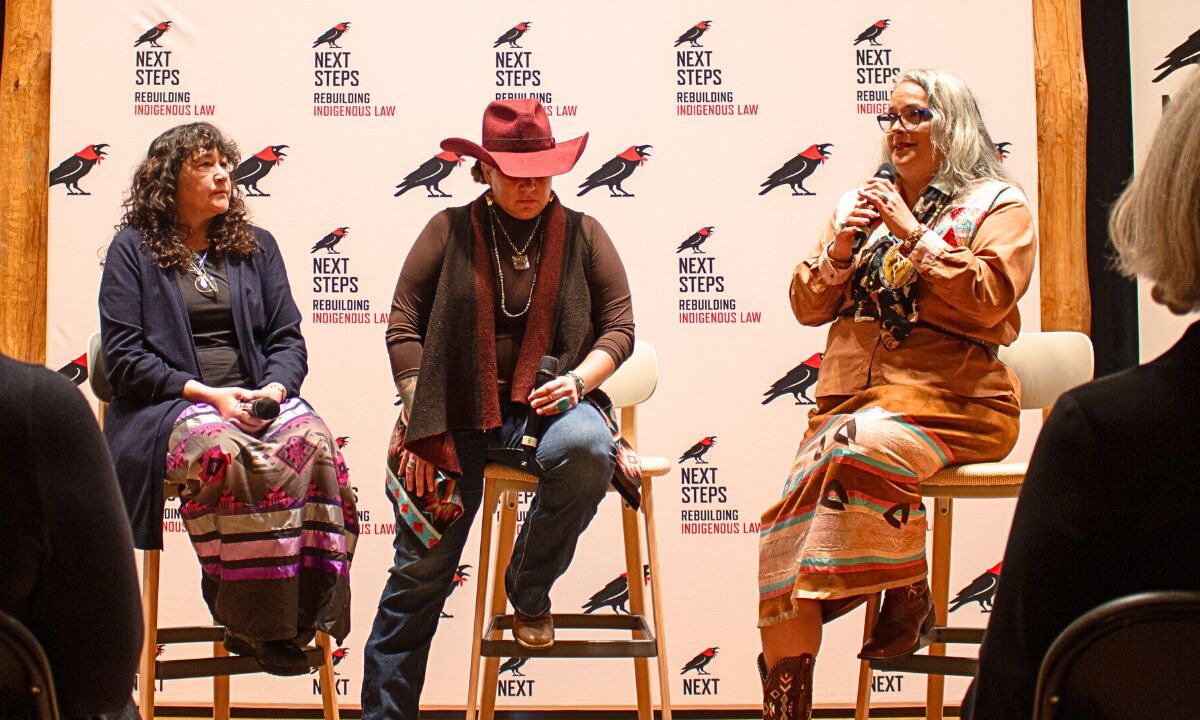World-first project to help rebuild Indigenous legal systems in Canada
Why It Matters
Rebuilding Indigenous legal systems strengthens community self-determination and governance, creating more just and responsive structures and aligns with the recommendations from the Truth and Reconciliation Commission. Organizers say the program models collaboration rooted in respect and sovereignty—principles that can guide partnerships and systemic change.

The University of Victoria has launched a global-first Indigenous-led initiative to rebuild and revitalize Indigenous legal systems in Canada, beginning with the Secwépemc Nation in B.C.
The $10 million program is called Next Steps: Rebuilding Indigenous Law, which they say is designed to help empower Indigenous communities to renew and rebuild their own legal orders.
“UVic is in the forefront of a profound shift in how education and research can be done—with Indigenous Peoples as co-creators and leaders,” said Qwul’sih’yah’maht, Robina Thomas, acting president and vice-chancellor of UVic.
“It is our committed response to the Truth and Reconciliation Calls to Action.”
“There is no intact Indigenous legal order that will spring to life with its mere recognition,” added Val Napoleon, founder and academic lead for the program.
“Indigenous Peoples have vibrant, sophisticated legal systems that have governed our lands and relationships from before time. Rebuilding these systems is the foundation for a just future for Indigenous Peoples and for Canada.”
The inaugural project will be done in collaboration with the Secwépemc Nation, said Thomas, whose territory, known as Secwépemc’ulecw, spans about 145,000 square kilometres across the interior Plateau of B.C.

The Nation was selected for the first project due to its strong foundation in revitalizing Secwépemc legal orders, both independently and in collaboration with UVic’s Indigenous Legal Research Unit, said Thomas.
Historically, the Secwépemc were organized into 32 communities; today, 17 bands remain, with a total population of about 6,755 people, according to Statistics Canada.
According to the project website, the work begins with community research teams. Each step is co-led and shaped by local Indigenous priorities and values.
Once that is completed, the findings are distilled into legal frameworks and then collectively reviewed before being put into practice.
The initiative builds on UVic’s Juris Doctor & Juris Indigenarum Doctor program and is being funded by the Law Foundation of B.C.
It aligns with national and international frameworks, including the TRC Calls to Action, the United Nations Declaration on the Rights of Indigenous Peoples, and the Missing and Murdered Indigenous Women and Girls’ Calls to Justice, according to program administrators.


